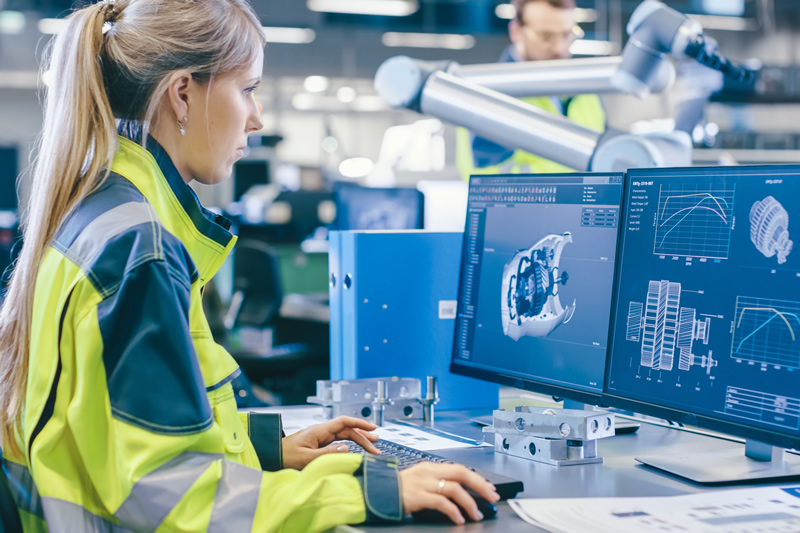The Essence of Specialized Translation
Technical Accuracy and Precision: Specialized translation ensures that technical documents retain their original meaning, with no room for ambiguity. In fields like engineering and manufacturing, where precision is required, even a minor mistranslation can lead to significant errors or operational failures.
Industry Expertise: Translators in these sectors often have a background in engineering or manufacturing, which enables them to understand the context and technical nuances. This expertise ensures that the translated content is not only linguistically correct but also industry appropriate.
Cultural Sensitivity: Understanding cultural nuances is essential, especially when translating user manuals or safety instructions. Specialized translators are adept at making technical content accessible and understandable to diverse audiences, taking into account local customs and linguistic preferences.
Impact on Global Operations
Facilitating International Collaboration: Specialized translation breaks down language barriers between multinational teams, enabling seamless collaboration and knowledge exchange. This is crucial in joint ventures and projects where teams from different countries work together on engineering or manufacturing projects.
Supporting Product Development: In the product development phase, accurate translation of design specifications, research documents, and technical drawings is essential. It ensures that all stakeholders, regardless of their language, have a clear understanding of the product’s features and functionalities.
Enhancing Regulatory Compliance: Manufacturing and engineering firms must adhere to international standards and regulations. Specialized translation plays a pivotal role in translating legal and compliance documents, ensuring that companies meet the regulatory requirements of different countries.
Challenges and Solutions
- Complex Terminologies: The biggest challenge is the accurate translation of complex and specific terminologies. Continuous training and the use of specialized glossaries can help translators stay updated with industry terms.
- Maintaining Consistency: Consistency in terminology and style is crucial, especially in large-scale projects. Translation memory tools can aid in maintaining consistency across multiple documents.
- Rapid Technological Changes: The fast pace of technological advancements in manufacturing and engineering necessitates ongoing learning and adaptation by translators. Engaging in continuous professional development and staying abreast of industry trends is essential.
The Future of Specialized Translation in Manufacturing and Engineering
With the advent of artificial intelligence and machine learning, the field of specialized translation is evolving. While technology can aid in the translation process, the nuanced understanding and expertise of human translators remain irreplaceable. The future will likely see a symbiotic relationship between technology and human expertise, enhancing the efficiency and accuracy of specialized translations in manufacturing and engineering. Powerling and TrueLanguage are on the leading edge of technological innovation and can help guide you to a successful outcomes in global translation projects.
Bottom Line
Specialized translation is a critical component of the global manufacturing and engineering sectors. It not only facilitates international business operations but also ensures safety, compliance, and innovation. As industries continue to evolve, the demand for skilled specialized translators and experienced translation agencies will grow, highlighting their indispensable role in bridging the linguistic and cultural gaps in a technologically advancing world.


